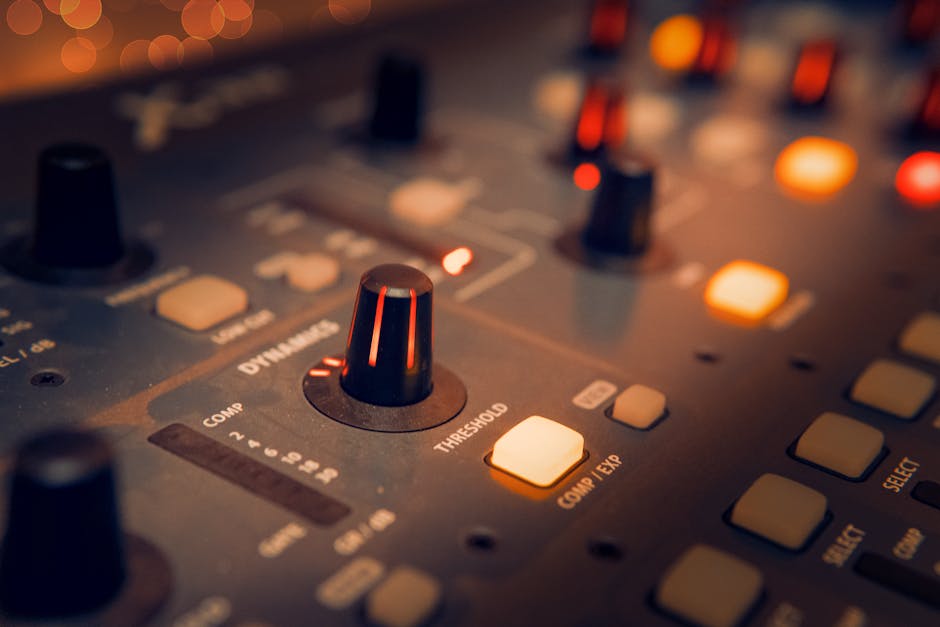Beginner-Friendly Music Production Courses: Start Your Audio Journey
Music production has become more accessible than ever, thanks to a wide range of beginner-friendly courses designed to help aspiring producers learn the ropes. Whether you’re interested in creating beats, recording vocals, or mixing audio, there are courses tailored to suit your needs. The availability of online platforms has further simplified access to quality instruction, making it possible to learn from industry professionals without stepping into a traditional classroom.

These courses cater to various learning styles, offering interactive tutorials, video lessons, and practical assignments to ensure a hands-on experience. With so many options available, understanding which course aligns best with your goals can make all the difference. Here’s an in-depth look at the best beginner-friendly music production courses and what they offer.
Understanding Music Production Basics
Before diving into specific courses, it’s essential to grasp the foundational elements of music production. Music production involves a series of steps: composing, arranging, recording, mixing, and mastering. Beginners should focus on understanding Digital Audio Workstations (DAWs), such as Ableton Live, FL Studio, or Logic Pro X, which act as the main tools for producing music.
Knowing the basic principles of sound design and audio effects like equalization (EQ), reverb, and compression can be incredibly beneficial. Some introductory courses include these elements in their curriculum to provide a well-rounded education for new learners.
Top Platforms Offering Beginner-Friendly Courses
Several online platforms host beginner-friendly music production courses. Below are some of the most reputable ones:
- Coursera: Offers courses like "Music Production" by Berklee College of Music. This course covers everything from DAWs to recording techniques.
- Udemy: Features affordable and accessible options such as "Music Production in Logic Pro X – The Complete Guide."
- LinkedIn Learning: Provides professional-grade tutorials like "Foundations of Audio: EQ and Filters."
You can explore these platforms to find courses that fit your preferred style and pace of learning.
What to Look for in a Course
The right course depends on your objectives and prior experience. Here are a few factors to consider:
- Instructor Expertise: Opt for courses taught by experienced professionals with a strong background in music production.
- User Reviews: Check feedback from previous learners to assess course quality and effectiveness.
- Practical Assignments: Hands-on projects enhance learning by allowing you to apply concepts immediately.
- Lifelong Access: Many online platforms offer lifetime access to materials for future reference.
The Role of Free Resources
If you're not ready to invest in paid courses, free resources can also help build your foundation. Websites like Kadenze, YouTube tutorials by seasoned producers, and forums like Reddit’s r/WeAreTheMusicMakers provide valuable insights at no cost. These resources often complement structured courses by offering tips on niche topics or troubleshooting common problems.
The Importance of Practice
No matter how comprehensive the course material is, consistent practice is crucial for mastering music production. Dedicate time each week to experimenting with your chosen DAW, working on small projects, or even recreating songs you admire. Over time, this hands-on approach will solidify your understanding and help you develop your unique style.
Starting From understanding foundational concepts and choosing the right platform to leveraging free resources and committing to practice, there’s no shortage of opportunities to grow your skills. Choose a course that aligns with your goals and interests, your audio adventure awaits!
